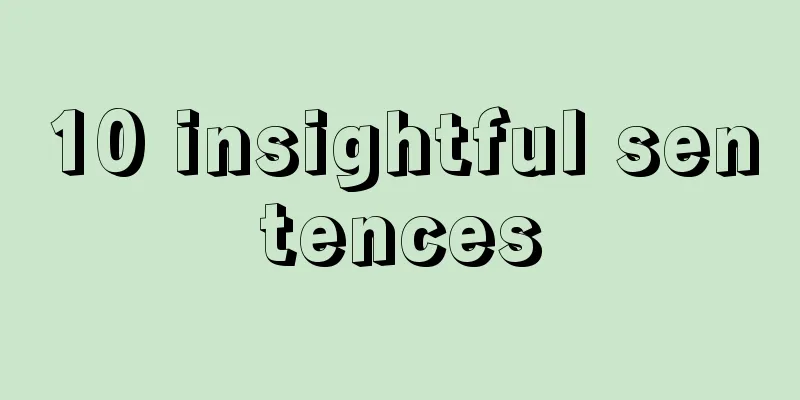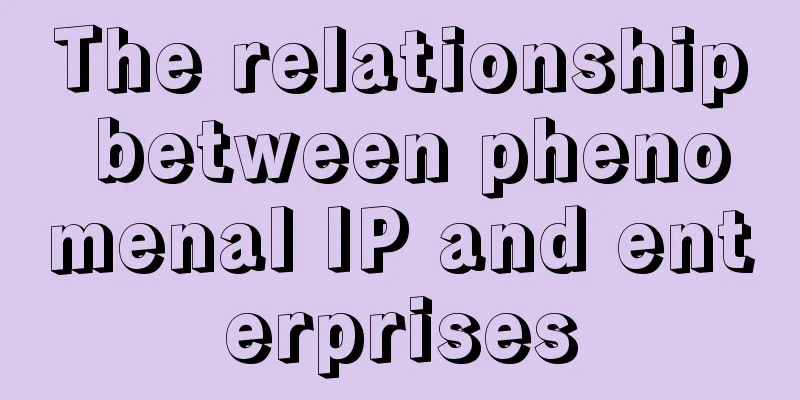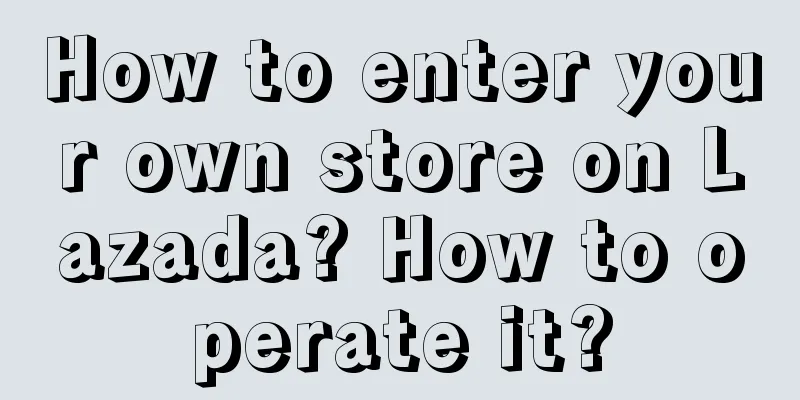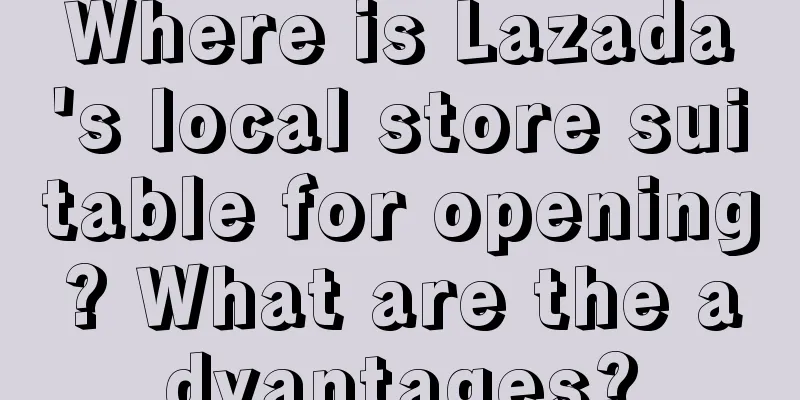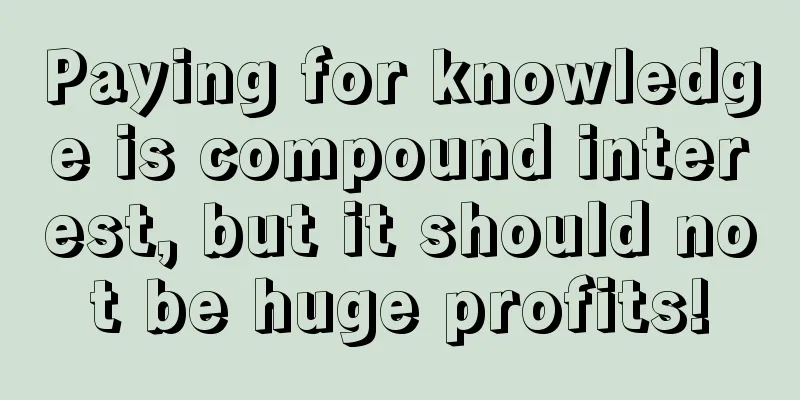How to double the feeling of doing things
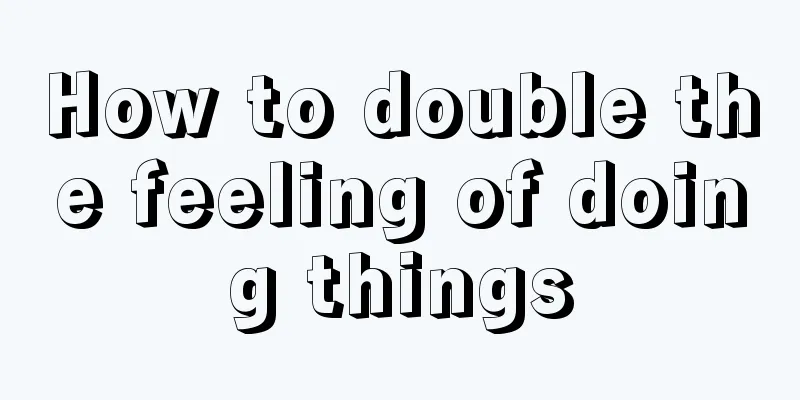
Have you ever lost your touch? What was it like? Simply put: when doing something, you suddenly lose the feeling of natural fluency. You used to be able to do it well without spending too much effort, but now you can't do it. For example: writing. When you have a good sense of writing, you can quickly express the ideas in your mind when sitting in front of the computer; when you don't have a good sense of writing, the ideas always swirl in your mind and it is difficult to express them. You always feel that your hands are not under your control on the keyboard. The word "feel" is too three-dimensional and a bit abstract. When buying clothes, we will consider the fabric as the feel by default. If it is soft, has a high cotton content, feels delicate, and is reasonably priced, you will buy it. If you cook at home more often, you will naturally know how many spoons of salt and how much MSG to put in. The same is true for work. If you do something more often, the feel will become a way to deal with the problem, helping us improve our work ability. But the problem is: Sometimes, I felt that I was working smoothly last week, but this week I suddenly felt that my hands were not used to the computer and my brain was not working. What's going on? What are the factors that affect the feeling? Is it necessarily related to proficiency? I have encountered these problems before, but only later did I understand the factors behind them. 1. Flow CreationWhat factors? Let me start with one word: flow creation. The word sounds a bit new. It literally translates to "flow creation" or "dynamic creation". It doesn't sound like a common term, but it is very relevant to you because it describes a dynamic process full of creativity. In the process, creation is not static, but constantly moving forward and adapting like flowing water ; this fluidity helps to prolong and increase our psychological state when doing things, that is, the moment of high concentration and productivity. Does it sound a bit embarrassing? Don't worry, I'll explain it to you: Imagine you are trying to learn a skill, such as painting with AI. At first, when you open an app, the screen shows basic operation prompts, and you may feel confused: What should I draw? Your mind is in a mess, what should I do? No matter what, just draw a framework first. Alas, after the drawing, it looks a bit rough, but it doesn't matter, it will make you concentrate and think about how to improve. Slowly, you become more and more absorbed in the painting. When you come to your senses and look at the time, an hour has passed. Now, you find that the thickness of the brush, the choice of color, and the use of lines have become more flexible and natural. This is the magic of "flow creation", which is the beginning of the feel of something. At first, it looks very chaotic, but as you go deeper, your thinking and creativity begin to flow like water. Not only do you improve your skills, but you also start to think about how to turn simple shapes into expressive works. Think about it, have you ever had this experience when making PPT, writing code, or writing reports? Obi-Wan Kenobi has a famous saying in "Star Wars": If you knock me down, I will become more powerful than you think. This sentence can be associated with some metaphors in mythology. For example: the phoenix is reborn from the ashes, and after one head of the Hydra is cut off, two more grow out. These stories tell us: from pressure, you can become stronger; from an unstable state, you can become more determined; from entropy and disorder, you can always find order. But do you know? "Touch" is the opposite of them, it is very fragile and not easy to maintain for a long time. There are many special substances called neurons in the human brain. After these substances are released through synapses (the connection points between neurons), they combine with the next neuron. The whole process affects our emotions, thoughts and things. One of the transmitters is called acetylcholine. When you continue to do some creative activities, it will gradually be used up. When its concentration becomes low, people will feel very tired and their brains can't work. You must have heard the term "brain burning". After high-intensity thinking activities, you will feel very tired because a lot of acetylcholine is consumed; and the process of flow creation is the same as brain burning. Once it is over-consumed, if you continue to do things, you will have no feel and no energy. However, don't worry, it can recover quickly with proper rest. The intake of acetylcholine depends on glucose. An adult's daily glucose intake is about 225g to 325g of carbohydrates, which can basically be satisfied with three normal meals a day. Therefore, energy has a great impact on flow creation (feel). 2. The “psychological squeeze point” created by attentionIn addition to energy, what else can affect the feel of the hand? The second point: the "psychological squeeze point" created by attention . Seeing this, you may say, I'm starting to make up new words again. That's not the case. Let's first review what attention is. Attention is our ability to focus on one thing and ignore other things. But if we look at it from the perspective of activating the feeling of doing things, it's a little different. What's the difference? I think that attention includes everything that has entered the brain in the past three days, which is the sum of recent conditions. The usual thoughts, the rituals designed by oneself, and the words of others will become residual items in the brain. They are like thieves, affecting the feel of doing things and the agility of thinking. This morning, a friend complained in the group that he couldn't sleep well every weekend night and always had dreams. I asked him a little surprised: "Everyone can't sleep well on Mondays, why do you do this on weekends?" He said: Our company has a summary meeting every Monday. Although we had two days off on Saturday and Sunday, we were always thinking about the unfinished things in our mind, which made us easily sleepless. Have you noticed? Process. Process. Those unfinished things are like tasks that keep turning in your mind. When the driving force is insufficient, you will keep thinking: What should I do? Is there a reasonable solution? As a result, when it comes to taking action, the feeling will be greatly reduced. In addition, we will inexplicably set task obstacles for ourselves. Let's take a look at a situation: A friend said that he originally thought that getting up two hours earlier would allow him to read more books and write an article, but he found that his mind was in a mess. I don't know about others, but at least, friends who have worked as freelancers should have had this experience. Especially friends who have just quit their jobs and started working independently, I have seen too many of them get up at 8 am, sit in front of the computer after breakfast at 9 am, and are completely out of shape. Another friend works on Xiaohongshu, likes to pursue perfection, and often changes his mind. Today he uses this layout for the cover, and tomorrow he changes to another one. After a few days, he feels that the previous designs are not good-looking, so he decides to delete them all and start over. I often remind him that when he first starts to learn how to do business, he should first think about the product and how to make money, and then design a promotion and sales transaction process around the product. Once the process is running smoothly, he can focus on the details. Why is this so? Sometimes, we procrastinate because of over-analysis. Looking back, analyzing too much content and actions is not very helpful for actual transactions. This is mainly because it is too influenced by production-side thinking. To avoid falling into the trap of "production-side thinking": For most things, it is best to start from the results and think about the entire process in reverse. This change in thinking is very important. Therefore, if the way of thinking is not right, even if you do a lot of things, you may not be able to find the root of the problem in the end, and you will be like an ant on a hot pot, running around in circles, and you will feel squeezed in your heart. The so-called squeeze is a subconscious feeling that you don't notice. It will make you feel discouraged, overwhelmed, and even dissatisfied with the results of your efforts. Sometimes, when you relax, you even feel a little guilty. This squeeze can be divided into three types:
What is initiative? Sometimes, we can relax a little and do things slowly, but we have to follow others to set a DDL (deadline) or add some unnecessary rituals; the result? The things themselves are not difficult, but they are harmed by various forms. Passive mode is: some tasks, if done well, could bring honor or endorphin satisfaction; but unfortunately, other people's words and pressure from colleagues around you eventually become a burden, making you feel like you are letting others down if you fail to do it. Furthermore, no matter in the workplace or in life, everyone faces different problems, and you don’t know if there is a simpler method or experience that you can learn from. Therefore, you will feel very tired after constant exploration. Obviously, the pressure brought by various cognitive and psychological levels can easily make people lose their state of mind and lose the familiar feeling. 3. Familiarity can also deceive youBut you know what? Sometimes, familiarity can deceive you. This is the third point. Isn’t familiarity the degree of knowing something or a process very deeply and thoroughly? Of course. If you make a PPT 30 times, write a product plan 50 times, and contact nearly 100 real customers in a project, the next time you encounter a similar problem, you will naturally think of the most effective solution first. Wang Huiwen, co-founder of Meituan, said in "Tsinghua Product Course": All great needs must be mastered after many times of using the wrong method or trying at the wrong time, and then you will feel better. I don't deny these views, I will try to refute them, you listen. A programmer friend said that he has a special habit in his daily life because of the high pressure at work. Every time he works overtime late, he will spend 5-10 minutes re-typing the previous lines of code when he sits in front of the computer and types the code the next day. I don't quite understand why, so I asked him what the trick is. He said: Repeating the previous lines can help you feel the muscles and brain power, so that you can quickly adapt to the changes and get into the state. Hey, isn't this the so-called review effect? When you don't know or forget something, you need to review it deliberately to get the feeling. This is in line with the saying "use it or lose it". So, the question is: do you think it is reliable to rely solely on memorization? For example: I have been working in marketing for 7 years, and I haven't written a planning proposal for 2 months. If I suddenly have to write one, can I write it? I think I can. But it's a bit like a primary school student memorizing before an exam. It's in a hurry and it doesn't seem to be very effective. Therefore, being too familiar is not a good thing, it will make us focus directly on action. This looks good, but in fact, if you don't continue to do something in the short term, the so-called familiarity will gradually deteriorate. This is the so-called "diminishing marginal utility". It is easy to understand this principle with the concept of compound interest. The starting point is 1. If you improve 1% every day, after a year, the compound interest + principal will become: 37.78. You have improved 37 times more than before. On the contrary, if you regress 1% every day, after a year, you will only have: 0.03. In other words, it almost degenerates to zero. Therefore, the feeling is built entirely by familiarity, which is a superficial problem. In this case, then, why not think about: how to make the feeling of doing things stronger and stronger? Four, three methodsI have accumulated experience and practiced three methods for a long time. You can use them as a reference: 1. Break things down into small chunksThe concept of "atomization" can be traced back to ancient Greece. Around 1803, a scientist named John Dalton proposed a view: the world is composed of many particles, and particles form everything we see through different arrangements and combinations. I often use this method to deal with work and cultivate daily habits. It can be regarded as the best formula for establishing a positive feedback loop, with low resistance, fast start-up, and a strong sense of doing things. For example, when it comes to writing, some people like to finish it in one go, but I like to write a little bit every day, write a few small cards, and take a break when I’m tired, without forcing myself. 2. Take some time offHow to empty your mind? Why do you empty your mind? You have seen a lot of them, but they may not be useful, because the purpose of emptying your mind is to reduce psychological pressure. Everyone has different pressures, so it depends on the situation and the person. For tasks that are within your control, try setting deadlines. What will happen if you don't set deadlines? For unnecessary rituals, will canceling them affect your work? Think about the tasks that put pressure on you because of other people's requests, and try to think from a different perspective: What can I learn from the task? What is helpful to me? For those things that you try again and again but always feel tired, stop and think about it, or ask others if there is a faster and simpler way. There are also some things related to the environment that you can try. For example, during the day, if I feel that my hands are not feeling good, I like to go out for a walk by myself; some people like to listen to music. If you are used to listening to music frequently, I don’t recommend you to use this method to relax. Because the essence of emptying your mind is to reorganize the brain's neural network. Listening to music or doing something very similar to the work environment are fixed habits that will not bring you a sense of freshness, but may make you fall into a fixed pattern. 3. Find the peak timeDo you know when you feel most productive in a day? Some people would say morning, afternoon, or evening. In fact, the time is not fixed. Everyone has their most energetic time, which is called the "peak time" in the circadian rhythm in psychology. If you can arrange your sleep properly, the peak time is usually 1-2 hours in the morning; in addition, around 10 am, 1 to 3 pm, 6 to 8 pm, and around 10 pm in the evening. Take myself as an example. I am in good condition in the morning, but not in the evening. This is closely related to our biological clock, and personal physical strength will also affect the duration of this efficiency. Therefore, in order to make better use of high-energy moments, the best way is to observe when you are most efficient. Remember, this is not always the same. Break things down into small pieces, take some time off, and find the peak time. Deliberately practice these three points and form memories, which may make you more flexible in doing things. V. ConclusionThe feel of doing things is not equal to familiarity. When a person is unstable or has poor endurance, he or she will not have the patience to seriously appreciate the meaning behind repeating something. Repetition is not just a superposition of form and quantity. I hope you have stronger brainpower. Author: Wang Zhiyuan Source public account: Wang Zhiyuan (ID: 878436) |
<<: No matter how hard I work to make money, why can’t I live a good life?
>>: "Joy of Life 2" is back, let's review those high-energy lines together
Recommend
Collaborations, colors, and overwhelming wealth…how will brands “do things” in 2023?
In 2023, the brand marketing war is getting more a...
With the double buffs of “peak season + free”, why are Cudi’s sales still not ideal?
This article deeply analyzes the challenges faced ...
How to find Shein's best-selling products? How to create best-selling products?
As a popular fashion e-commerce platform, Shein ha...
Hunan's first cross-border e-commerce officially launched
Hunan's first cross-border e-commerce new reta...
In 2025, brands will have to change their thinking when promoting products on Xiaohongshu!
As platform competition intensifies and user needs...
eBay takes protective measures for sellers affected by rail network disruption
eBay Australia recently announced that due to floo...
20 experiences in making mini programs!
Are there any friends who want to make a mini prog...
What does a one-time credit card mean? How do I apply for a one-time credit card?
With the rapid development of financial technology...
5 tracks on Xiaohongshu where it is difficult to make money even if you have 10,000 followers
Does having many fans on Xiaohongshu, a platform w...
The Metaverse didn’t last more than two years.
This article starts with the origin and developmen...
Blue Label stops creative outsourcing, but AI cannot replace the work of creative people
BlueFocus has stopped creative outsourcing and wil...
Lei Jun is going to play a skit with Xiaomi? This is not very domineering
The popularity of short dramas remains strong in 2...
How to ship goods without a source? Five steps
Many merchants doing cross-border e-commerce on Wi...
WeChat's "Shake" app is offline: Zhang Xiaolong's masterpiece disappears without a trace
WeChat first added the "Shake" function ...
What are the overseas shopping websites? Website introduction
There are domestic shopping websites in China, and...
